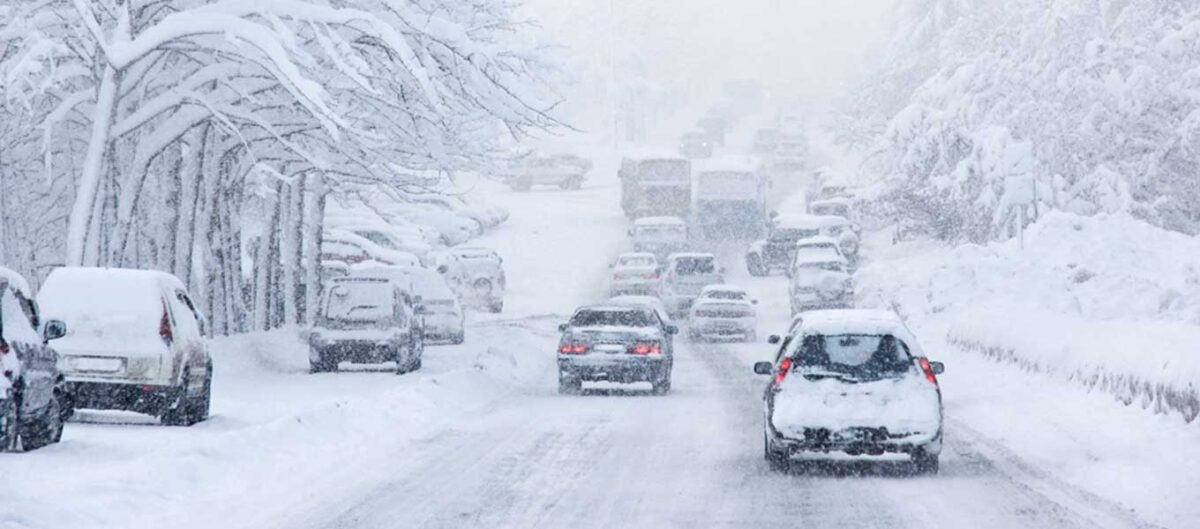
IRS Extends Tax Relief for Indiana Storm Victims
IRS Extends Tax Relief for Indiana Storm Victims: Key Deadlines and Resources to Navigate the Challenges
To our fellow Indiana residents affected by the recent storms, we understand the challenges you are facing and want to share some important information regarding tax relief. The Internal Revenue Service (IRS) has announced that you now have until July 31, 2023, to file various federal individual and business tax returns and make tax payments.
This tax relief applies to any area designated by the Federal Emergency Management Agency (FEMA) as a result of the tornadoes, severe storms, and straight-line winds that occurred on March 31 and April 1. If you or your business is located in one of the affected counties, you qualify for this tax relief. The full list of eligible counties is available on the IRS disaster relief page.
The tax relief postpones various tax filing and payment deadlines that occurred starting on March 31, 2023. As a result, affected individuals and businesses will have until July 31, 2023, to file returns and pay any taxes that were originally due during this period.
This includes 2022 individual income tax returns and various business returns due on April 18. Eligible taxpayers will also have until July 31 to make 2022 contributions to their IRAs and health savings accounts. The July 31 deadline applies to quarterly estimated tax payments normally due on April 18 and June 15, as well as quarterly payroll and excise tax returns, typically due on April 30, 2023.
In addition, penalties on payroll and excise tax deposits due on or after March 31 and before April 18 will be abated as long as the tax deposits are made by April 18, 2023.
If you think you might need more time to file beyond the July 31 deadline, the IRS encourages you to request additional time electronically before the original April 18 deadline through either IRS Free File or IRS Direct Pay, both available on IRS.gov. After April 18 and before July 31, you will need to file your extension requests on paper.
The IRS will automatically provide filing and penalty relief to taxpayers located in the disaster area, so you do not need to contact the agency to receive this relief. However, if you receive a late filing or late payment penalty notice with a due date falling within the postponement period, please call the number on the notice to have the penalty abated.
For those living outside the disaster area but with records in the affected area, or for relief workers affiliated with a recognized government or philanthropic organization, you are also covered. Please contact the IRS at 866-562-5227 for assistance.
Lastly, if you have suffered uninsured or unreimbursed disaster-related losses, you can choose to claim them on your 2023 return (normally filed in early 2024) or your 2022 return (normally filed in 2023). Be sure to write the FEMA declaration number – 4704-DR – on any return claiming a loss. For more details, consult Publication 547.
We understand that this is a difficult time for many, and this tax relief is part of the federal response to support your recovery from the storm damage. For more information on disaster recovery, please visit disasterassistance.gov. Our thoughts are with you during this challenging time.
***Disclaimer: This communication is not intended as tax advice, and no tax accountant -client relationship results**
